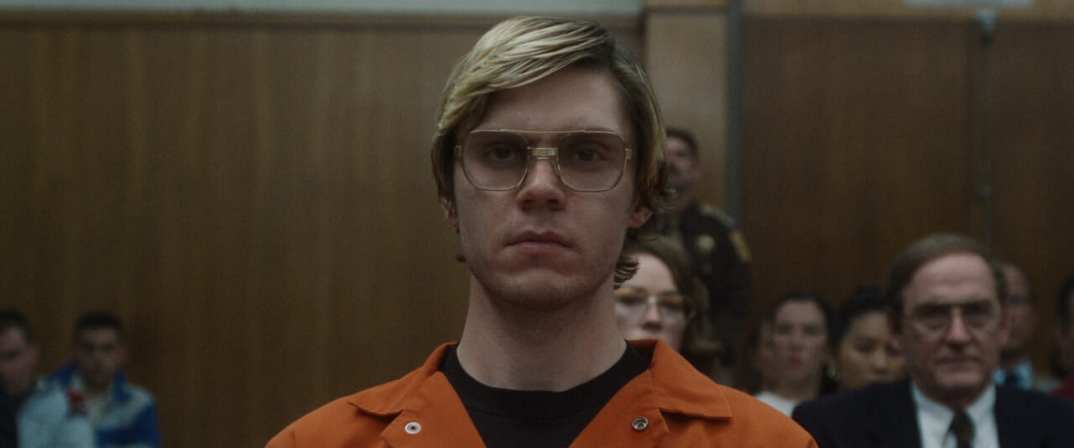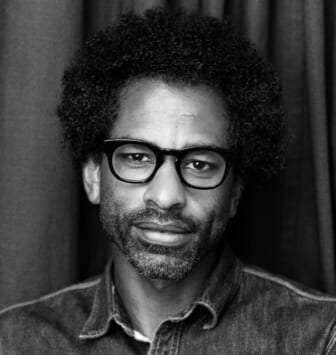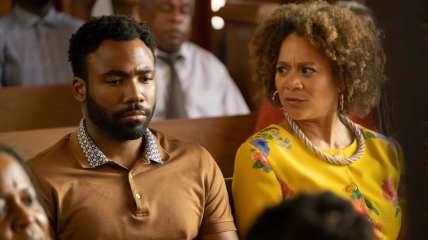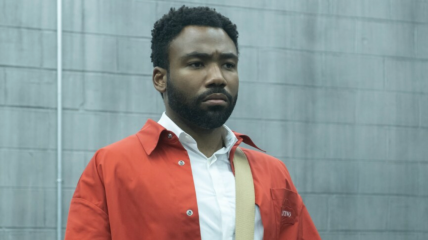Netflix’s Dahmer series is filled with Black heroism
OPINION: It's hard to watch a show where Jeffrey Dahmer murders Black people, but it was the courage of Black people that helped bring him to justice.

Editor’s note: The following article is an op-ed, and the views expressed are the author’s own. Read more opinions on theGrio.
I binged “Monster: the Jeffrey Dahmer Story” in about two days because I couldn’t turn away from the creepiness, the strangeness and the gore. I remember when the real Dahmer was caught and the nationwide recoil as we learned the full depravity of this evil man. Back then, I didn’t realize that he was, in large part, preying on Black and brown men.
The Netflix series smartly mentions how Dahmer took advantage of systemic racism—in episode 5, Detective Murphy (played by Michael Beach) is interrogating Dahmer when he says, “You targeted your victims…You purposely moved into an apartment in the Black community to an area that was under-patrolled and underserved Easier to get away with things there. Easier to hunt.” It doesn’t look like Dahmer killed Black and brown men because he hated them, but as a master manipulator, he knew that it wouldn’t be hard for him to get away with killing them. Watching all of that play out—seeing how vulnerable we are because the world doesn’t care about us—was really hard.
Some of my Black friends have said that they refuse to watch Dahmer because of all the violence toward Black people, and I understand that sentiment, but as someone who has watched the whole show, I think there’s an angle that’s being missed by some of those who are refusing to watch: Most of the heroes of this series are Black. The show repeatedly gives us Black people courageously standing up to the monster and/or to the system that allowed Dahmer to keep on killing.
First, there’s Tracy Edwards (played by Shaun Brown), the man who escapes from Dahmer’s apartment and convinces the police to listen to him, leading to his final arrest. Then there’s Glenda Cleveland, Dahmer’s neighbor, who’s played brilliantly by Niecy Nash. She repeatedly sounds an alarm about him despite the danger that it puts her in. There’s Rev. Jesse Jackson (Nigel Gibbs), who arrives to speak out for the families because he understands that is part of his overall civil rights mission. “It may not look like it, but this Dahmer case is our fight,” he says to an aide. “If you want to slay a dragon, you got to attack from all angles, and injustice is one hell of a beast.” The show is filled with Black heroism of all sorts.
There were a lot of Black people who stood up to Dahmer legally—even Rita Isbell (DeShawn Barnes) who gives a powerful and emotional victim impact statement where she screams in Dahmer’s face, voicing the anger that so many people felt. And when it’s time for Dahmer to get the end he deserves, there’s a Black man ready to do the work. But in the show, Dahmer’s killer, Christopher Scarver (Furly Mac), is not portrayed as a crazy person. No, he’s a man of God who prays deeply, pleading to God for direction, before he decides to viciously murder Dahmer. It feels right to see this villain who killed so many Black people be murdered by a Black man who does it for the purpose of getting justice.
Yes, the Dahmer show is hard to watch as a Black person. I was in tears by the end of the episode about Tony Hughes, a sensitive young brother who happened to be deaf. It was really smart to have so much of the episode play out in silence. But in this show, there’s so much Black resistance to power and to evil that when I finished, I felt grossed out and sad but also proud of how several Black people behaved in the midst of the chaos of dealing with a horrific serial killer.

Touré is a host and creative director at theGrio. He is the host of the podcast “Toure Show” and the podcast docuseries “Who Was Prince?” He is also the author of seven books including the Prince biography “Nothing Compares 2 U.” Look out for his upcoming podcast “Being Black In the ’80s.“
TheGrio is FREE on your TV via Apple TV, Amazon Fire, Roku, and Android TV. Please download theGrio mobile apps today!


